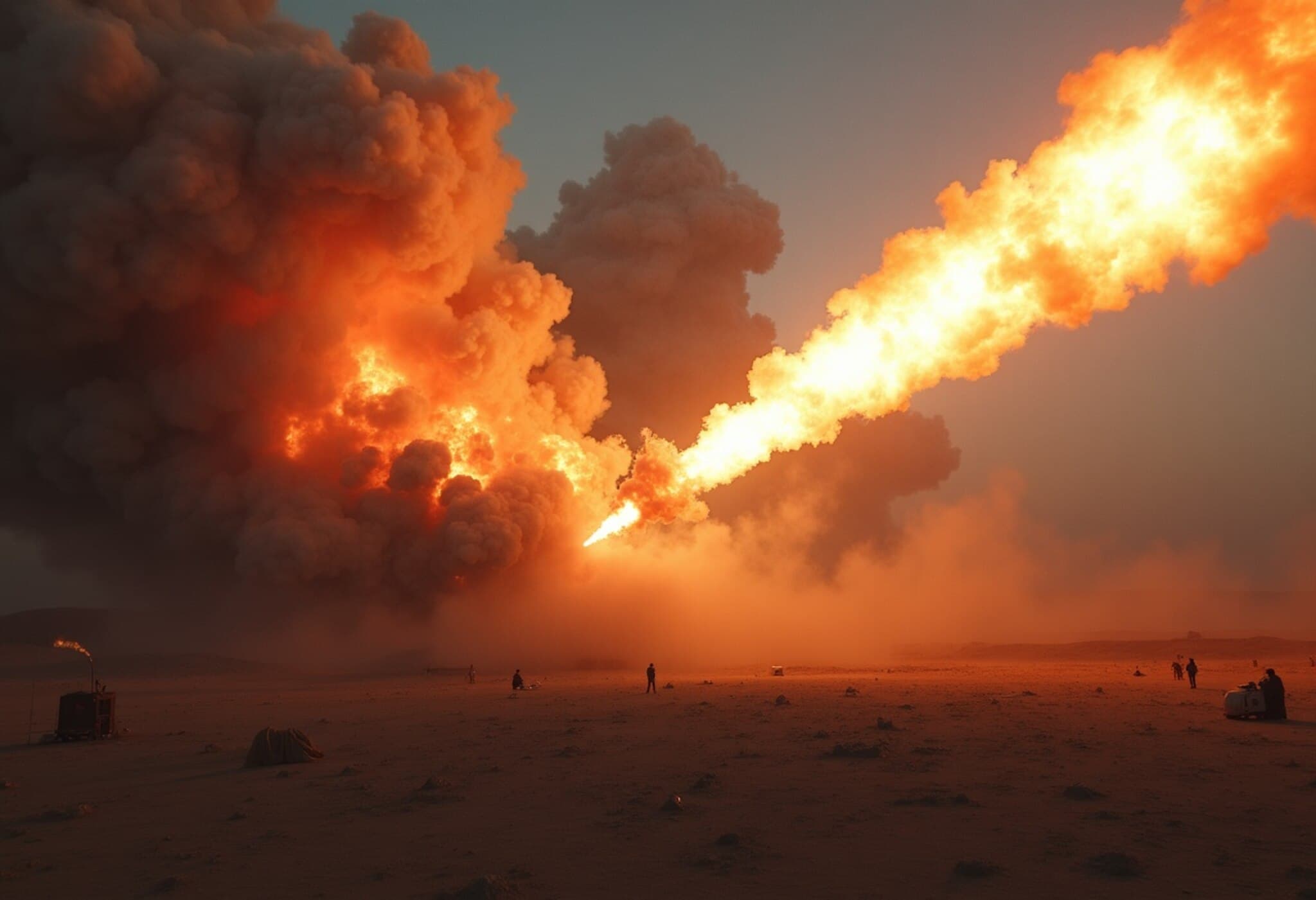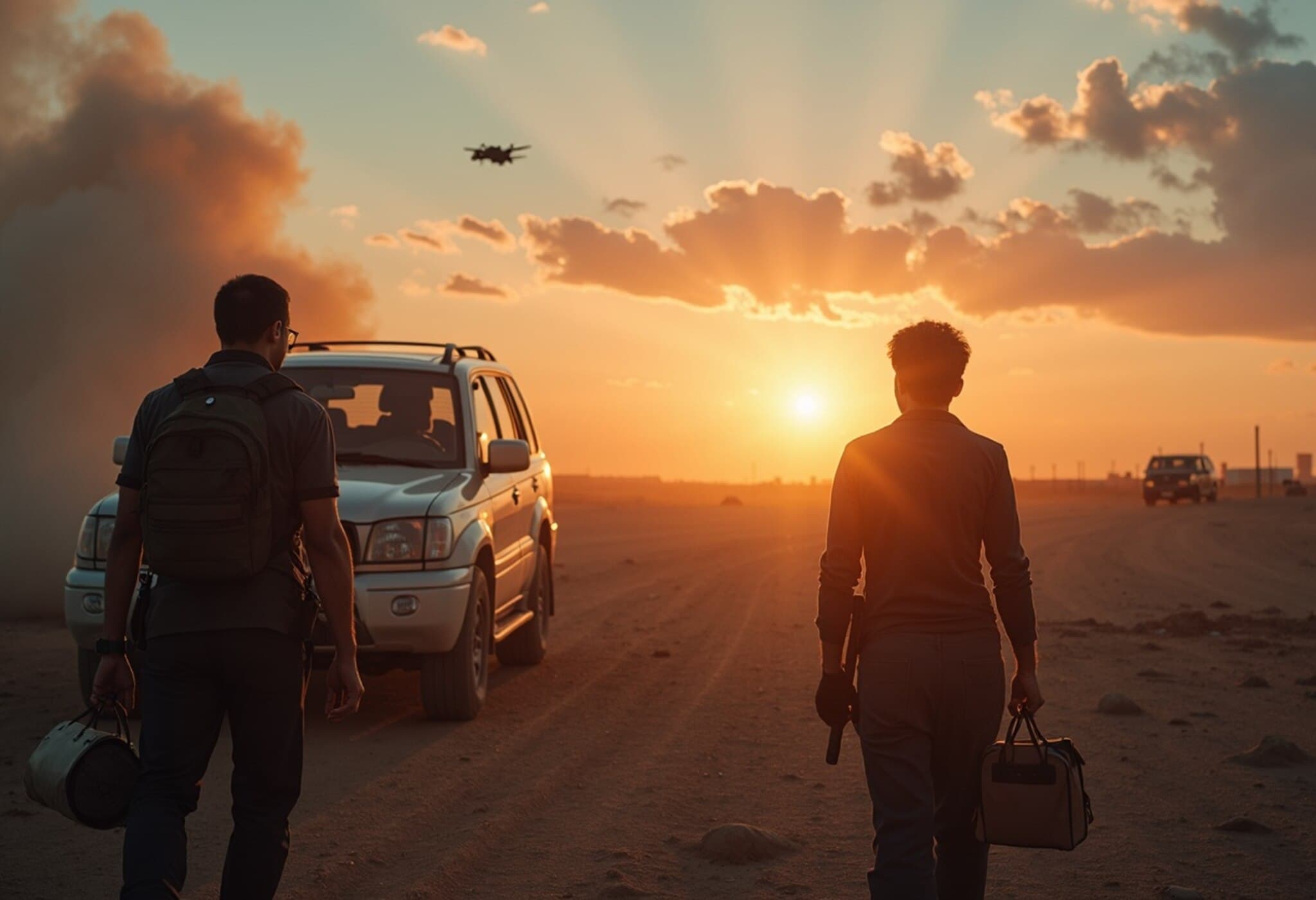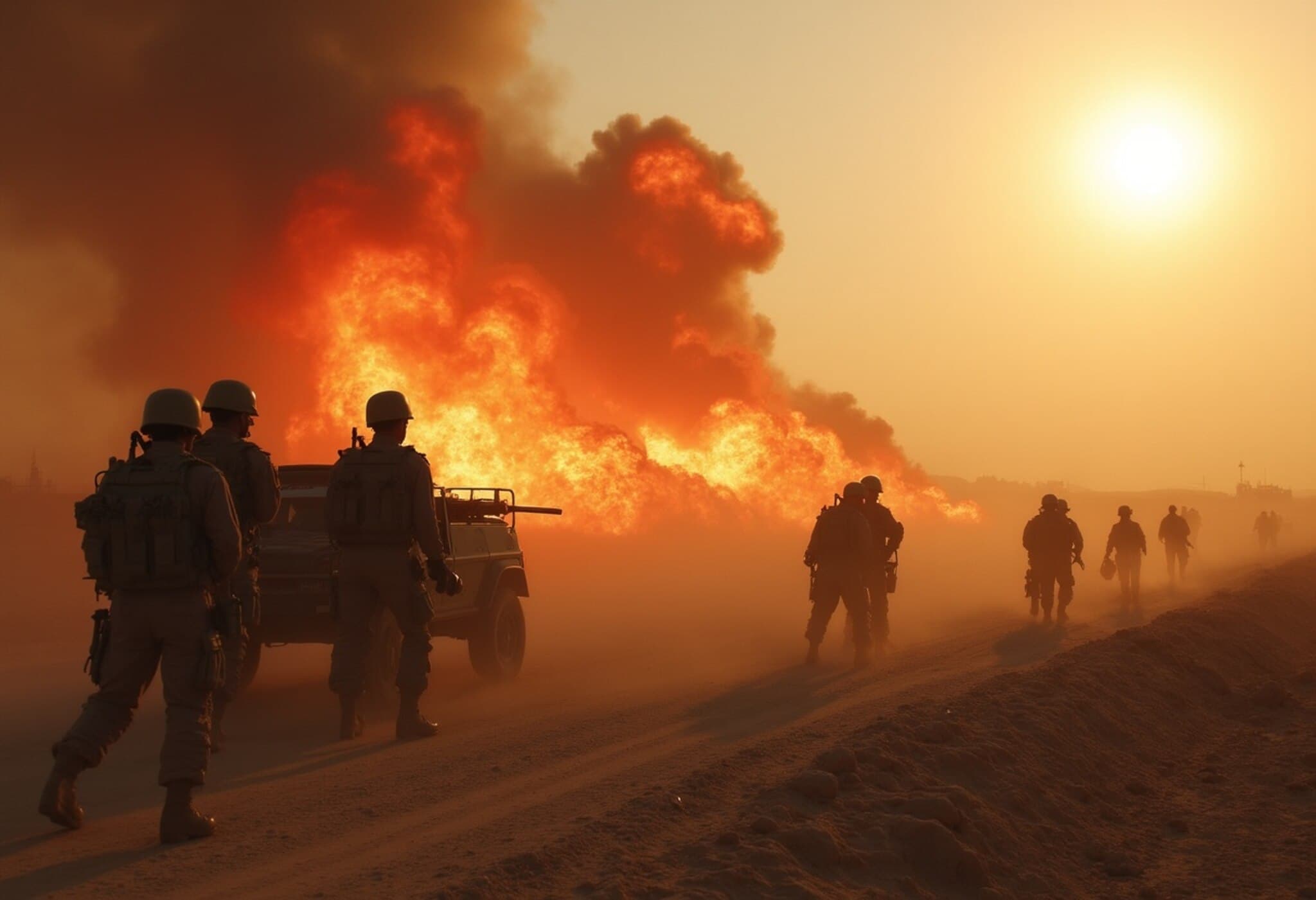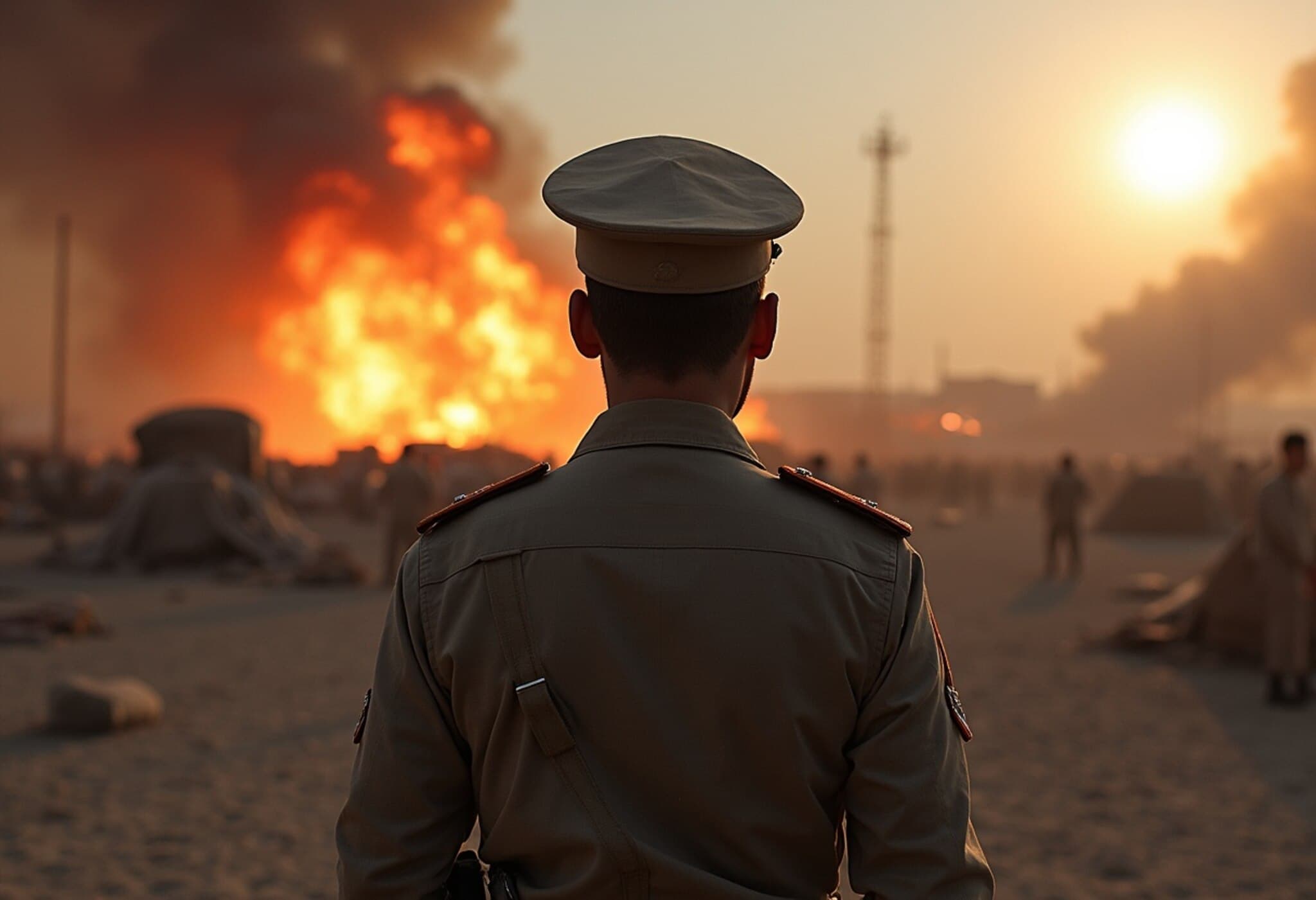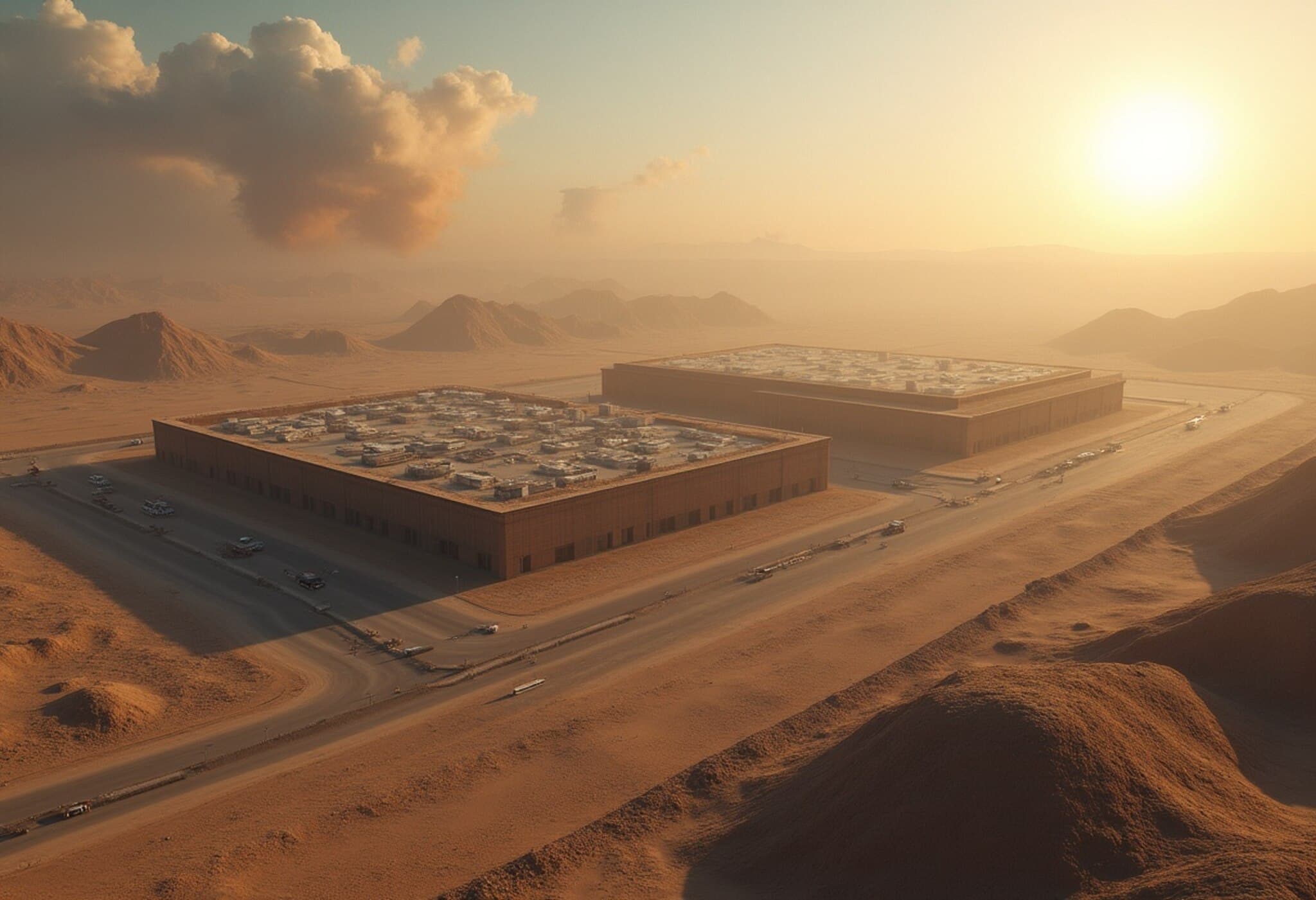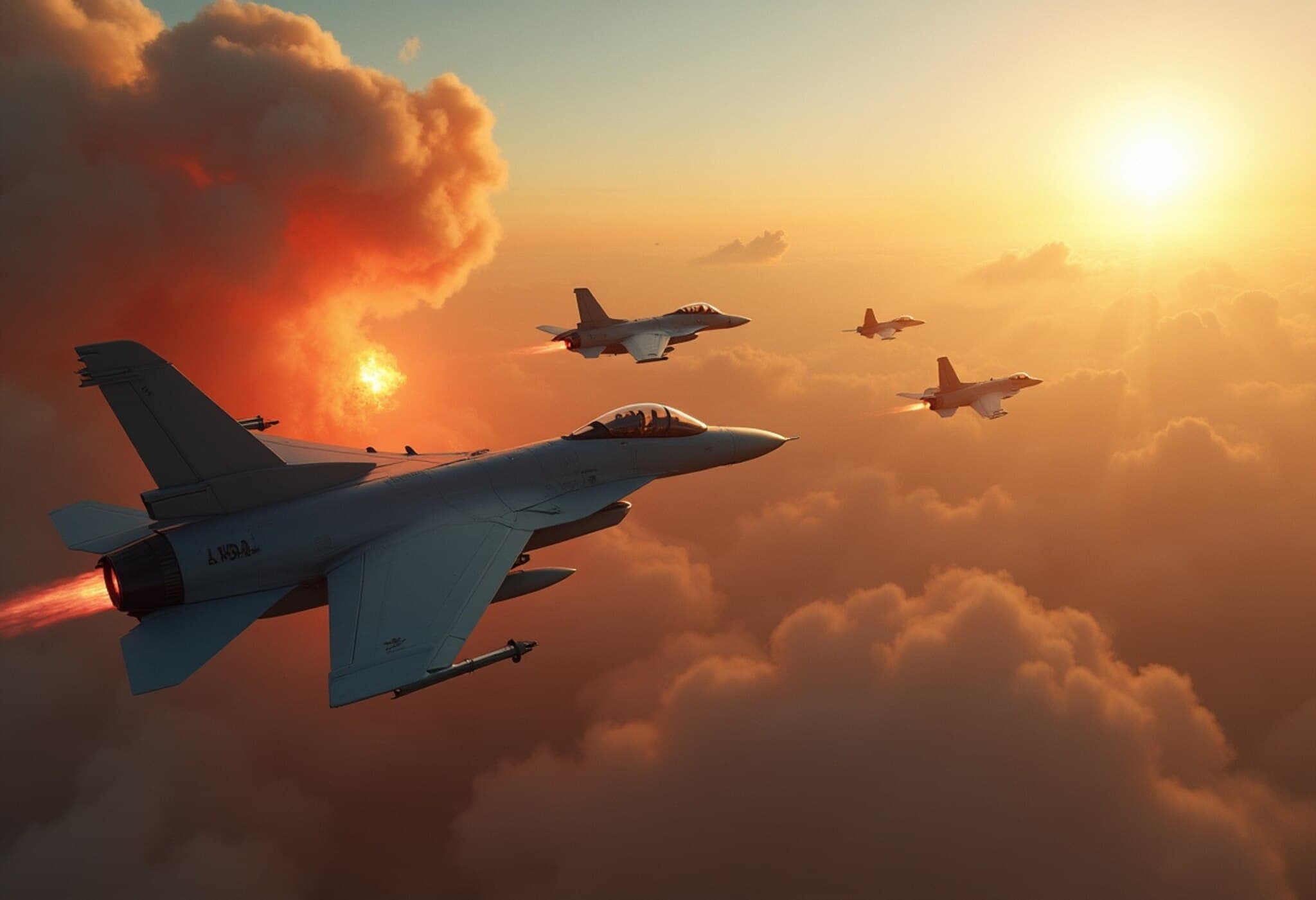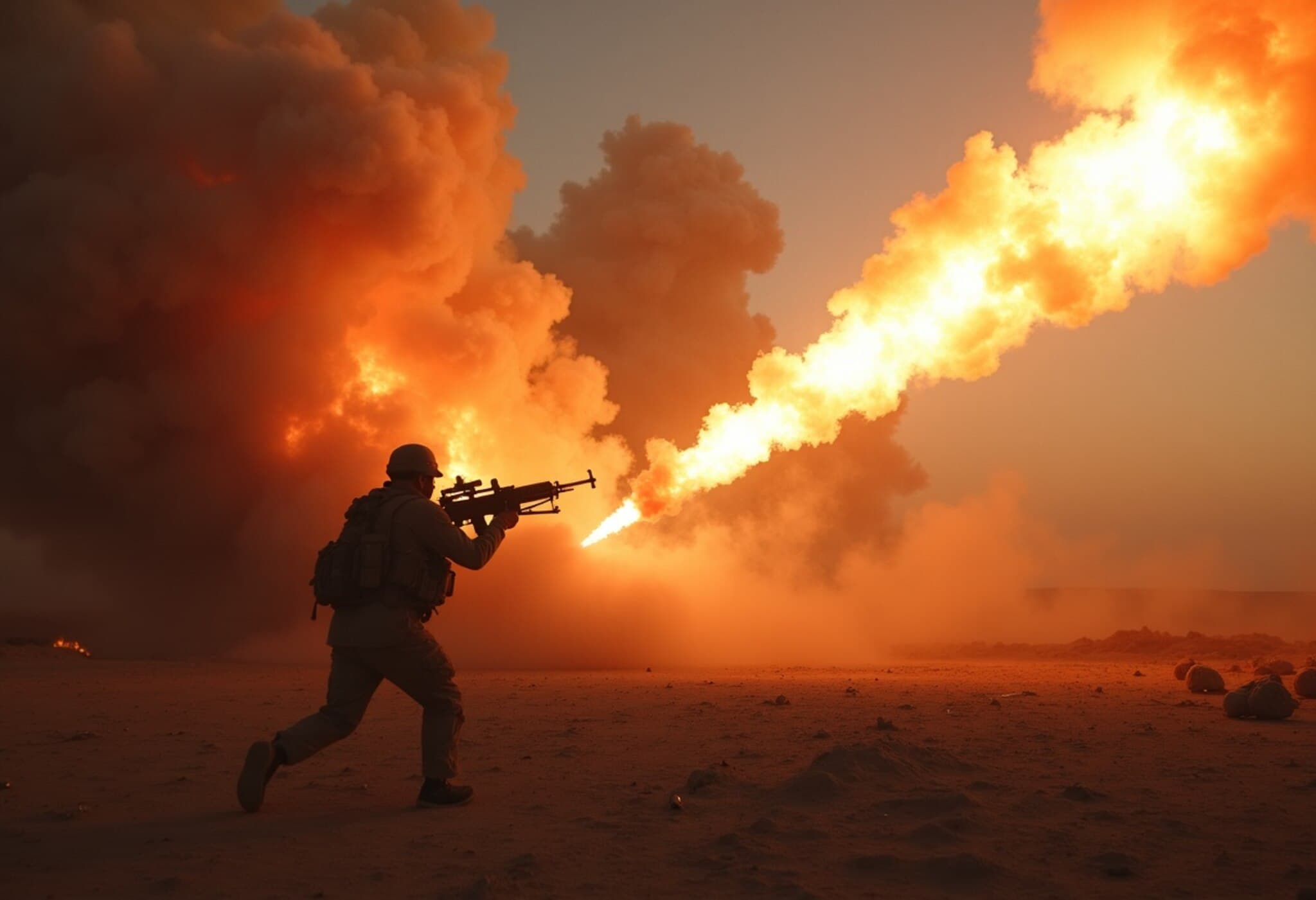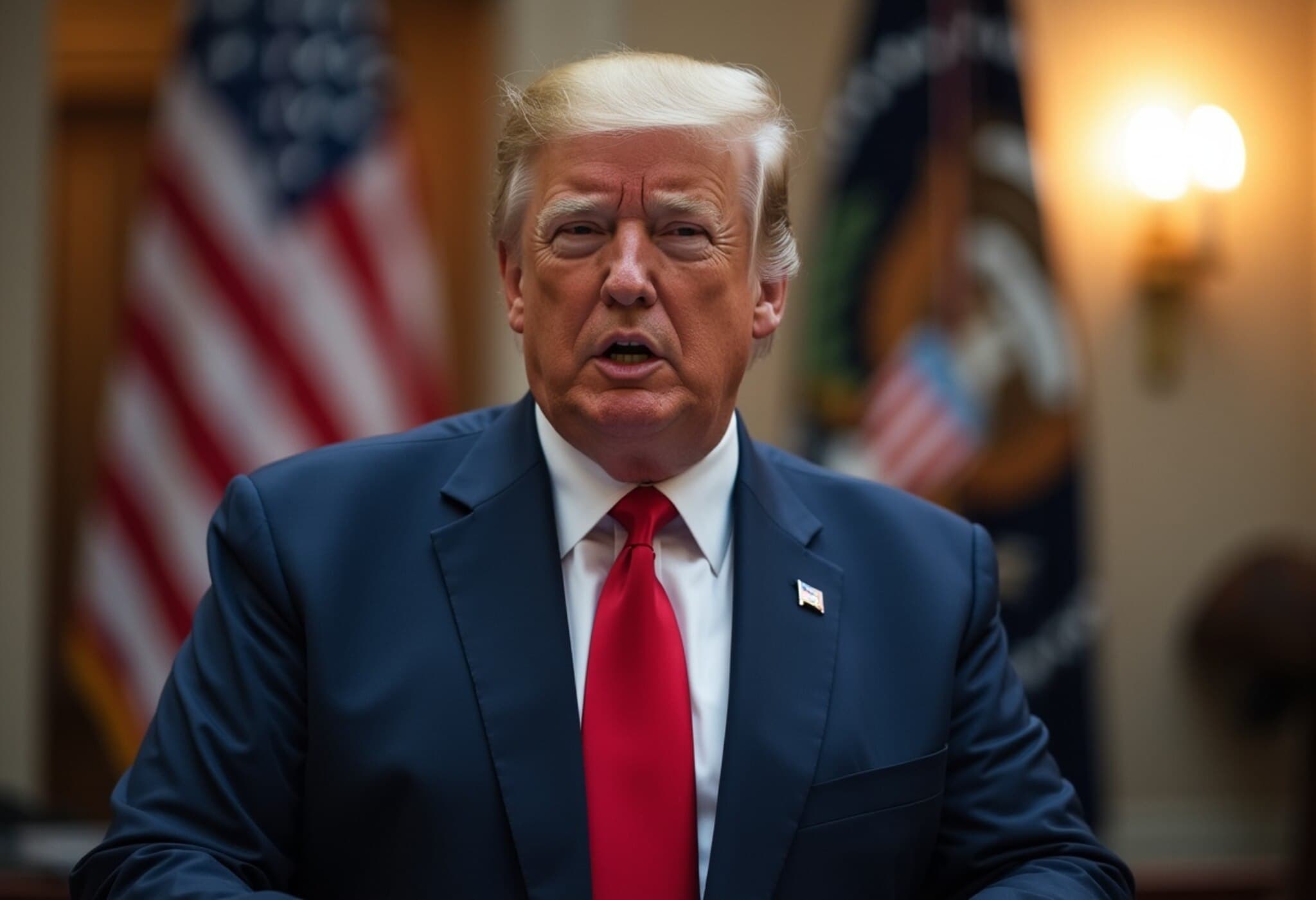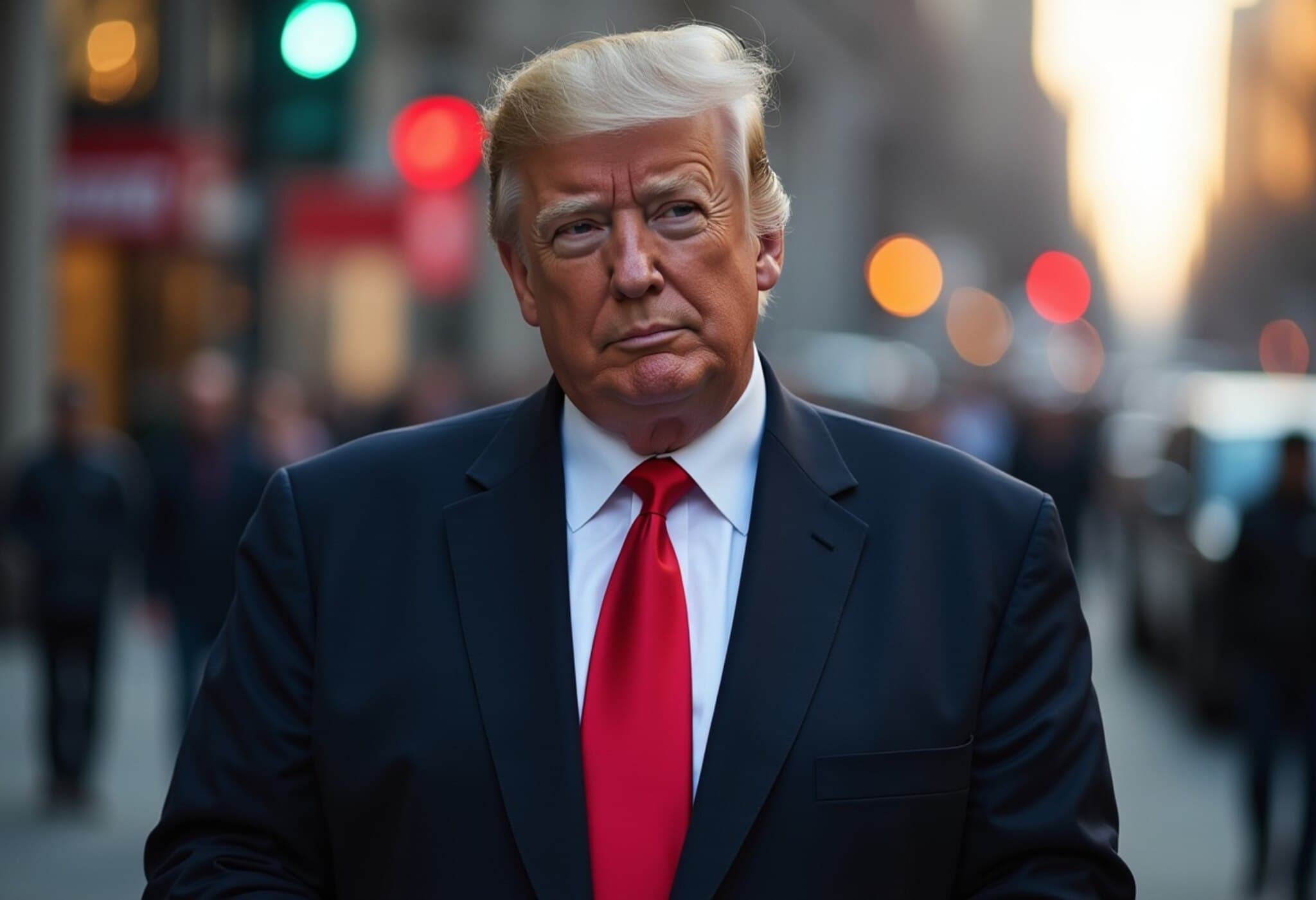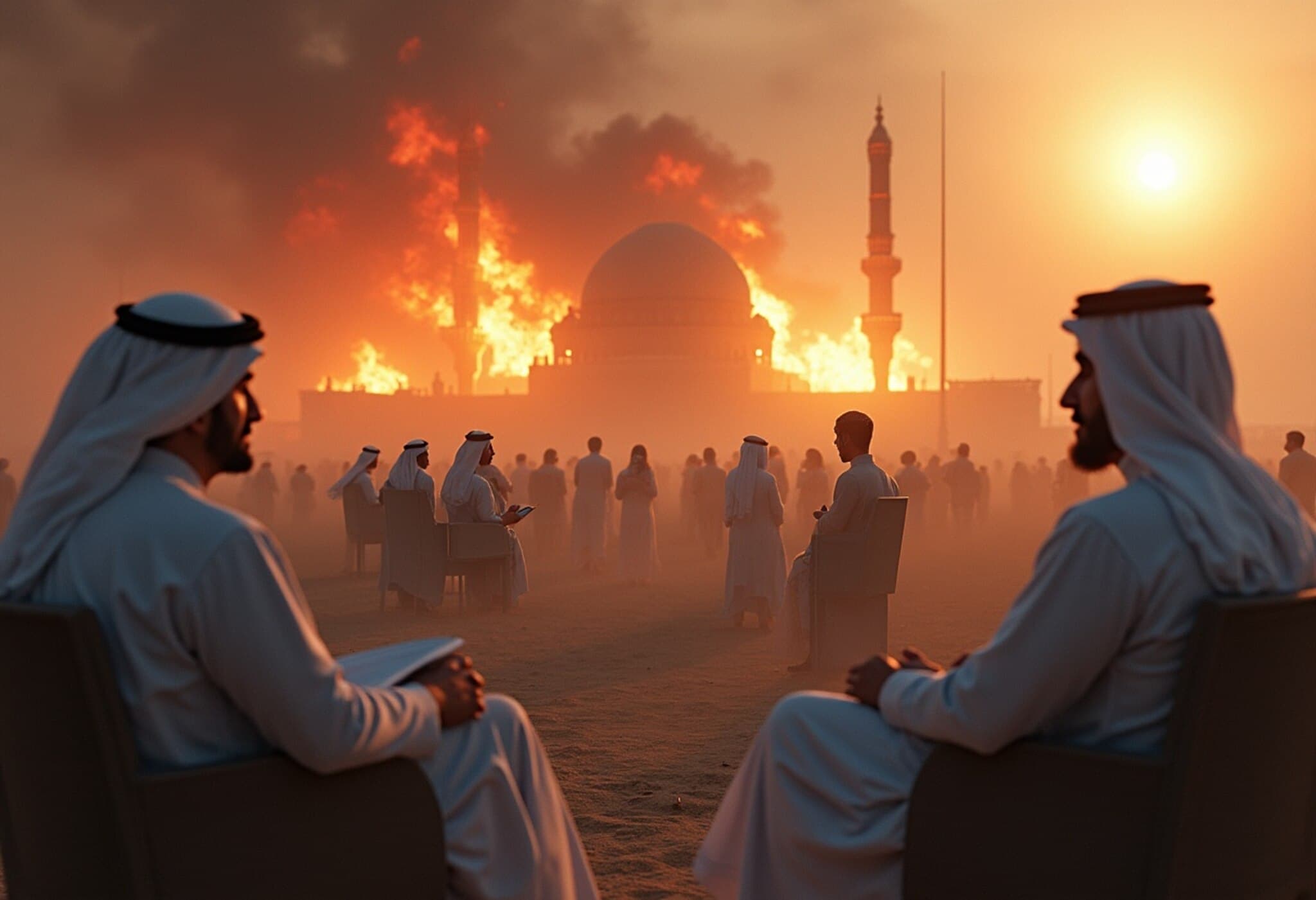US Denies Involvement as Tensions Escalate Between Israel and Iran
The recent missile exchanges between Israel and Iran have sparked intense speculation about the United States' involvement in Israel's assault on Iran's nuclear infrastructure. While Washington has officially denied any participation, conflicting reports and Tehran's assertions have fueled uncertainty amid rising violence.
The Conflict Unfolds: Casualties and Missile Strikes
Since the offensive began last Friday, the violence has claimed hundreds of lives and injured over a thousand in Iran, with 19 fatalities and hundreds injured in Israel as of Monday morning. The conflict has intensified fears of a broader regional escalation, involving two nuclear-capable countries and the world's most powerful military.
Alleged US Involvement Sparks Debate
Despite strong denials from US officials, various reports suggest that the United States may have played a more active role than publicly acknowledged. Unnamed US officials revealed that President Donald Trump rejected an Israeli proposal to assassinate Iran's Supreme Leader, Ayatollah Ali Khamenei, underscoring some degree of coordination between the nations.
An official remarked, "Have the Iranians killed an American yet? No. Until they do, we’re not even talking about going after the political leadership." While Israel denies such assassination plans, the exchange hints at complex cooperation behind the scenes.
Diplomatic Efforts Falter Amid Military Actions
The Israeli strike occurred during ongoing US-Iran negotiations over Tehran's nuclear program. Despite President Trump’s public promotion of diplomatic resolutions, both Iran and Israel disregarded global calls for de-escalation, initiating new attacks early Monday.
Iran has threatened retaliation against the US as well, with Trump responding sternly: "If we are attacked in any way, shape, or form by Iran, the full strength and might of the US Armed Forces will come down on you at levels never seen before." The operation, dubbed "Operation Rising Lion", targeted Iran’s nuclear facilities, top military leaders, and scientists.
Iran Points Fingers at the US
Iranian officials claim to hold "solid evidence" of US support for the Israeli strikes. The Iranian Foreign Ministry asserted that such attacks "could not have been carried out without coordination with and approval of the United States" and warned that Washington would bear responsibility for the consequences of Israel's actions.
Conversely, the US has maintained a firm stance denying involvement. Secretary of State Marco Rubio labeled the Israeli attack a "unilateral action" and emphasized American priorities lie in protecting US personnel in the region. Both Trump and Israeli Prime Minister Benjamin Netanyahu confirmed that Israel had informed the US ahead of the operation, prompting embassy evacuations as a precaution.
Trump’s Statements Reflect Ambiguity
On social media, Trump urged Iran to negotiate and alluded to foreknowledge of upcoming attacks, which he described as potentially "even more brutal." When questioned about consent for the Israeli operation, he remained vague, indicating awareness but denying a traditional "heads-up." Subsequent statements reiterated the US’s non-involvement.
Israeli Officials Insist on Autonomy
While some reports suggest a "clear US green light" for the Israeli campaign, Israeli officials, including Netanyahu’s spokesperson, dismissed such claims as false. Netanyahu stressed that Israel would act independently, while implying the US understood its own interests.
Analysts Weigh In on US-Israel Coordination and Risks
Experts suggest that coordination between Washington and Tel Aviv is evident, even if publicly denied. One analyst noted that Trump’s gamble hinges on forcing Iran to soften its stance; however, if Iran resists, the risk is that the conflict could draw the US more directly into war.
Looking Ahead
As tensions continue to climb, the possibilities remain uncertain. Both countries trade missile strikes amid diplomatic deadlock, with the US navigating a delicate balance between distancing itself and closely aligning with Israel’s actions. The global community watches anxiously, aware that the volatile situation carries risks far beyond the immediate region.

